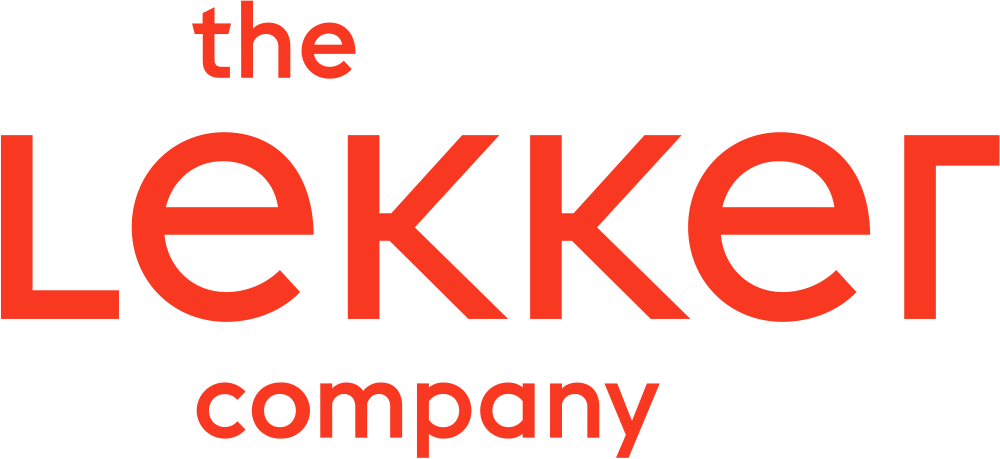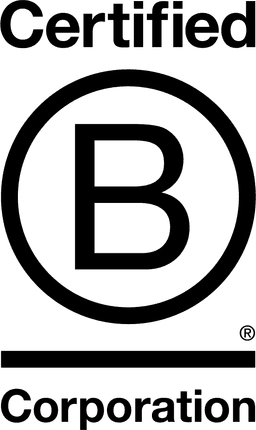

The Lekker Company

1.6
Utrecht, Netherlands The
December 2021
Personal care products
Wholesale/Retail
Belgium,
Germany,
Netherlands The
At The Lekker Company we’re on the mission to create conscious, natural skincare that people can feel confident about using. But, what’s really Lekker? Well, it’s simple really. It’s Lekker to use all-natural, nourishing ingredients to create super effective skincare products. It’s Lekker to think sustainably with products that are sourced, made and packaged smart. Let’s not let our need for amazing skincare be at the cost of our health or that of Mother Nature’s. It’s Lekker to be honest. It should be easy for everyone to read a cosmetic package and understand quickly the ingredients used. Everyone has the right to know exactly what it is they choose to put on their skin. It’s Lekker to be kind to animals. Let’s be honest our furry, scaly and feathered friends are gosh darn awesome, that’s why we choose to keep them out of the business. Lekker is proud to be 100% vegan and cruelty-free.
Overall B Impact Score
Governance 16.8
Governance evaluates a company's overall mission, engagement around its social/environmental impact, ethics, and transparency. This section also evaluates the ability of a company to protect their mission and formally consider stakeholders in decision making through their corporate structure (e.g. benefit corporation) or corporate governing documents.
What is this? A company with an Impact Business Model is intentionally designed to create a specific positive outcome for one of its stakeholders - such as workers, community, environment, or customers.
Workers 22.2
Workers evaluates a company’s contributions to its employees’ financial security, health & safety, wellness, career development, and engagement & satisfaction. In addition, this section recognizes business models designed to benefit workers, such as companies that are at least 40% owned by non-executive employees and those that have workforce development programs to support individuals with barriers to employment.
Community 24.6
Community evaluates a company’s engagement with and impact on the communities in which it operates, hires from, and sources from. Topics include diversity, equity & inclusion, economic impact, civic engagement, charitable giving, and supply chain management. In addition, this section recognizes business models that are designed to address specific community-oriented problems, such as poverty alleviation through fair trade sourcing or distribution via microenterprises, producer cooperative models, locally focused economic development, and formal charitable giving commitments.
Environment 36.4
Environment evaluates a company’s overall environmental management practices as well as its impact on the air, climate, water, land, and biodiversity. This includes the direct impact of a company’s operations and, when applicable its supply chain and distribution channels. This section also recognizes companies with environmentally innovative production processes and those that sell products or services that have a positive environmental impact. Some examples might include products and services that create renewable energy, reduce consumption or waste, conserve land or wildlife, provide less toxic alternatives to the market, or educate people about environmental problems.
What is this? A company with an Impact Business Model is intentionally designed to create a specific positive outcome for one of its stakeholders - such as workers, community, environment, or customers.
Customers 4.1
Customers evaluates a company’s stewardship of its customers through the quality of its products and services, ethical marketing, data privacy and security, and feedback channels. In addition, this section recognizes products or services that are designed to address a particular social problem for or through its customers, such as health or educational products, arts & media products, serving underserved customers/clients, and services that improve the social impact of other businesses or organizations.